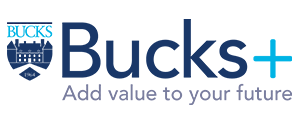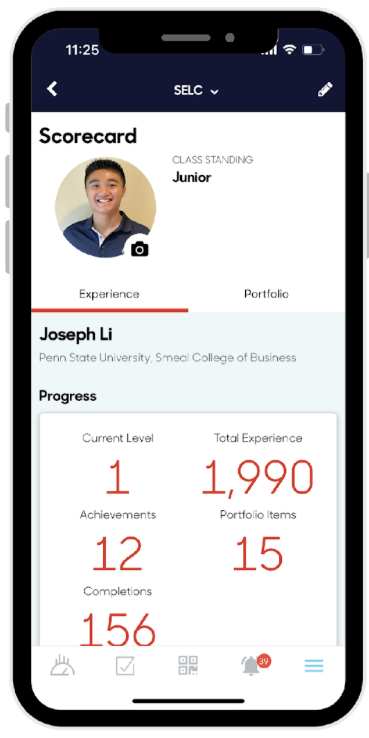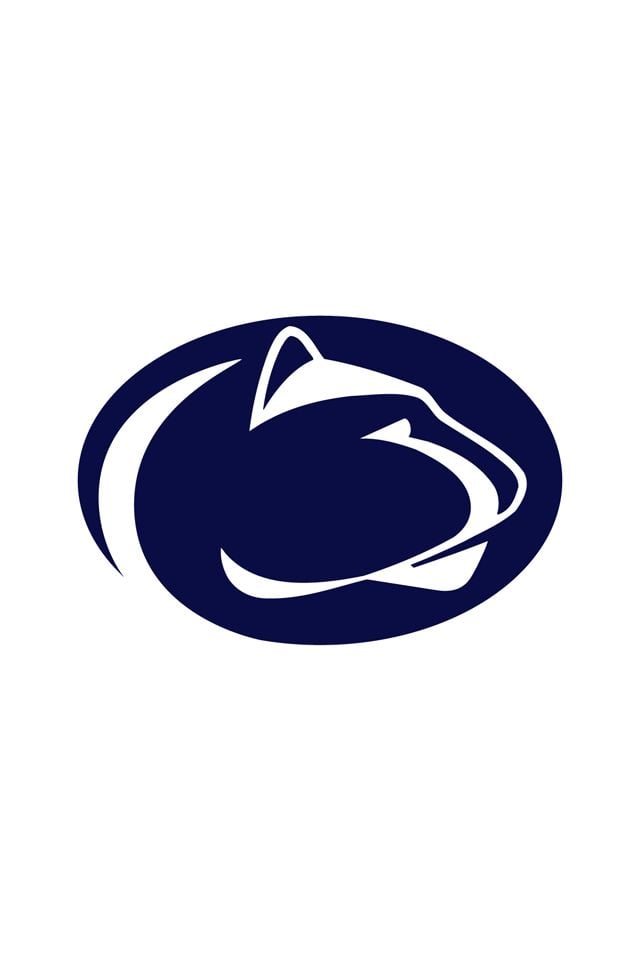
Description
Penn State’s Smeal College of Business, a top-ranked leader in business education, launched the Ethical Leadership Challenge (SELC) to promote ethics, diversity, and sustainability among students. Initially hindered by limited tracking systems and engagement challenges, Smeal partnered with Suitable in 2018 to revolutionize the program. By 2022, SELC integrated core Penn State values with leadership competencies, fostering a dynamic, badge-based co-curricular initiative. Participation surged from 40 students in 2019 to over 800 by 2024, thanks to innovative communication strategies and program enhancements. Looking ahead, Smeal plans to expand SELC further, reinforcing its commitment to leadership, engagement, and student success.

This is a form

This is a form

This is a form
About the School
Penn State University (PSU) boasts 20 residential campuses across Pennsylvania, including its flagship University Park, alongside a robust online presence through its World Campus. Within PSU, the Smeal College of Business stands out as a leader in business education. With over 6,000 students and 10 business majors, Smeal attracts a diverse student body, including many juniors and seniors from the 2+2 program and the Division of Undergraduate Studies. Ranked 23rd among 532 programs in Best Undergraduate Business Programs, Smeal is dedicated to excellence.
Smeal’s vision is to be a globally renowned business school, blending cutting-edge research with dynamic, hands-on learning. Its mission focuses on providing exceptional education that is research-informed, business-engaged, and globally aware; producing impactful research; and fostering a culture rooted in integrity, diversity, service, and sustainability.
Challenges Before Suitable
To support its strategic focus on business ethics, diversity, and sustainability, Smeal introduced the Ethical Leadership Challenge (SELC). This initiative sought to engage students in co-curricular activities aimed at fostering leadership skills at individual, group, and macro levels. However, Smeal faced significant hurdles in scaling and managing SELC.
Without a centralized tracking system, staff struggled to monitor student participation effectively. Existing tools lacked the ability to measure specific competencies, and event attendance suffered due to poor engagement strategies. Limited resources further hampered their ability to meet program goals with purpose and intentionality.
Life After Suitable
In 2018, Smeal discovered Suitable and began piloting the platform in Fall 2019 with 40 students. By Fall 2022, the program was officially launched, and Suitable transformed SELC into a streamlined, competency-driven experience.
The program now integrates Penn State’s core values—PRRIDE (Penn State Community, Respect, Responsibility, Integrity, Discovery, Excellence)—with SELC competencies such as personal and professional development, strategic planning, and service to others. This alignment also incorporates AACSB standards like ethical behavior and critical thinking, enhancing the program’s relevance.
Thanks to Suitable, Smeal saw rapid growth, with participation climbing to 187 students in 2022 and exceeding 800 by 2024. Improved communication strategies, including promotional videos, emails, digital signage, and focus groups with satellite campuses, played a critical role in this surge. Adjustments like reducing asynchronous material further engaged students.

SELC is now a voluntary, co-curricular program where students earn badges and develop marketable skills. Messaging emphasizes how the challenge connects first-year students to Smeal resources, enhances resumes, and builds in-demand competencies for future careers.
Outcomes Achieved
Since its full launch, SELC has experienced remarkable success:
- Engagement rates soared to 56% within a year.
- Students completed over 9,000 activities during the same timeframe.

Plans for the Future
Smeal aims to expand the Ethical Leadership Challenge (SELC) by introducing a more robust mini-badge program that encourages students to engage more deeply with leadership development and ethical practices. These mini-badges will complement the primary badges, offering students additional opportunities to demonstrate their skills in specific areas. To further motivate participation, the college is planning new and innovative incentives, such as exclusive networking opportunities, recognition events, and unique rewards tied to academic and professional development. By aligning these incentives with student interests and career aspirations, Smeal seeks to enhance both participation and the overall value of the program.
Efforts are also underway to integrate SELC more seamlessly into the broader student experience. Plans include deeper collaboration with student organizations to create co-curricular programming that ties directly into SELC’s values and competencies. Additionally, the college is focusing on collecting graduate data to measure long-term outcomes and improve the program’s impact. Strengthening participation in first-year seminars is another priority, ensuring students are introduced to SELC early in their academic journey. By incorporating major-specific content and tailoring outreach to satellite campuses, Smeal aims to broaden the program’s reach while maintaining its relevance and alignment with diverse student needs.
Key Takeaways & Advice
- Use diverse incentive strategies to drive participation.
- Gather student feedback regularly, both quantitative and qualitative.
- Focus groups are invaluable for refining programs.
- Engage high-performing students early to create peer promoters.
- Layered engagement strategies yield better results than siloed efforts.
- Maintain open communication with collaborators to sustain momentum.





.png)